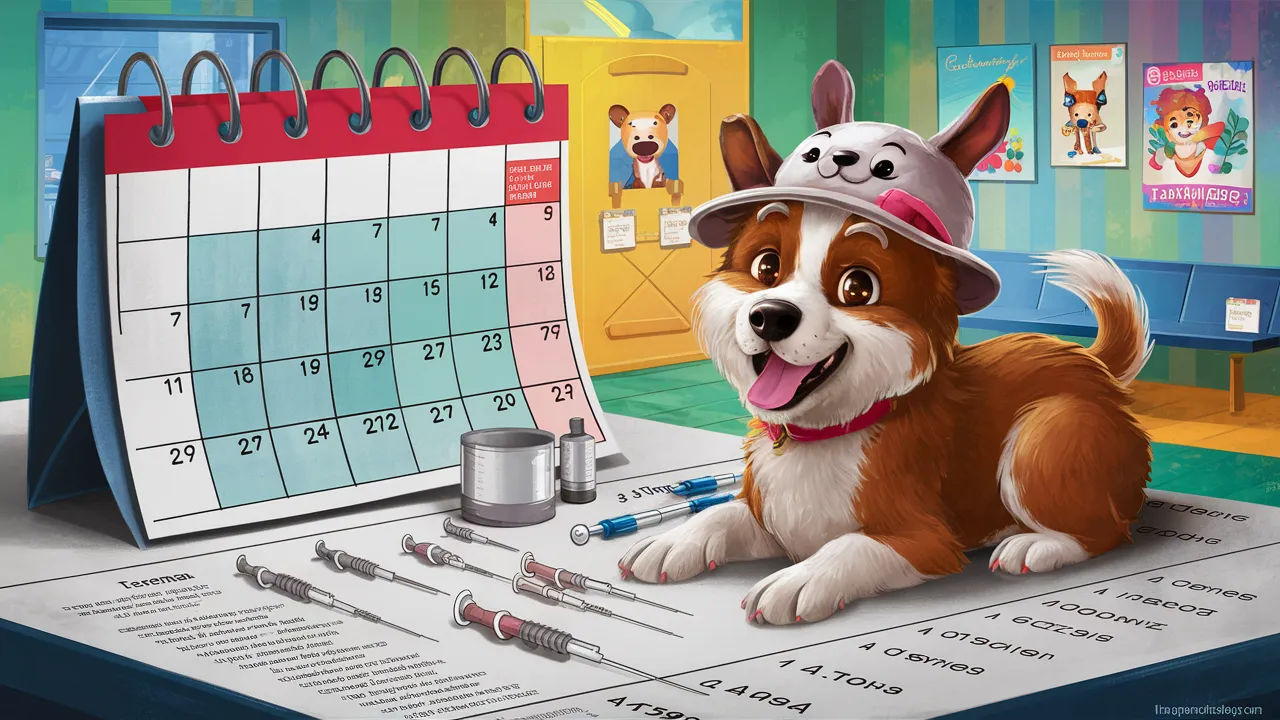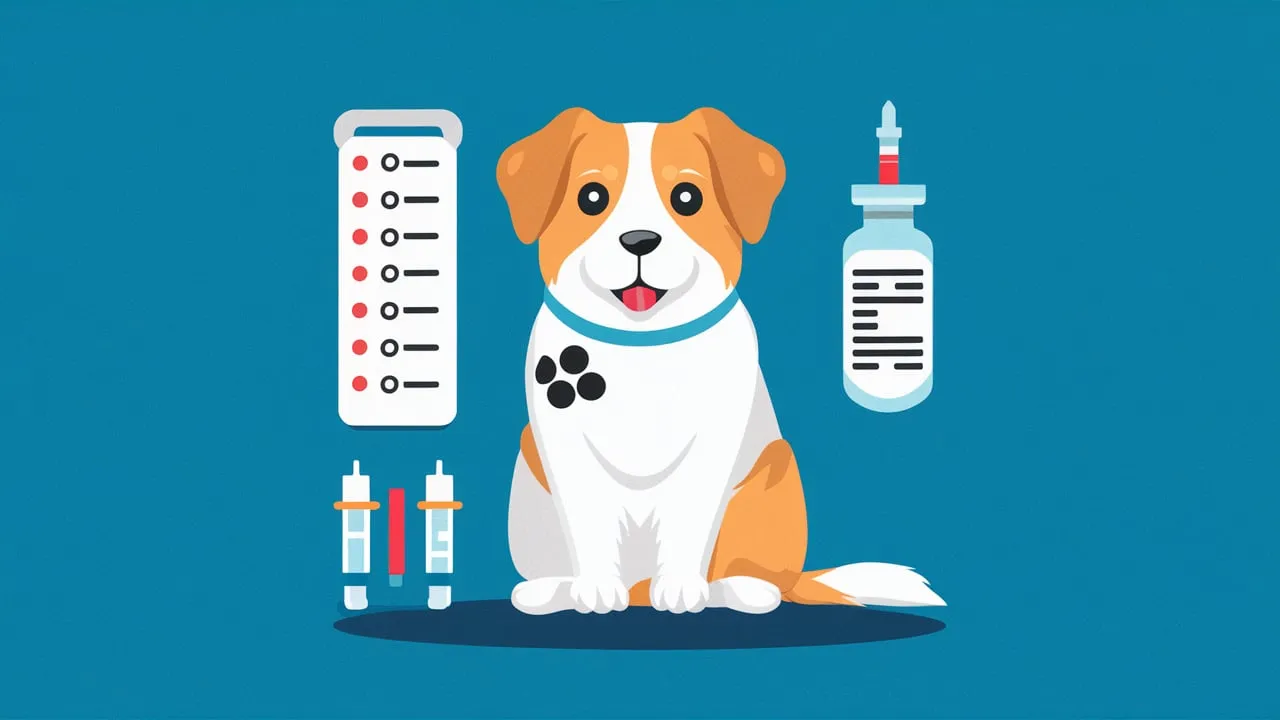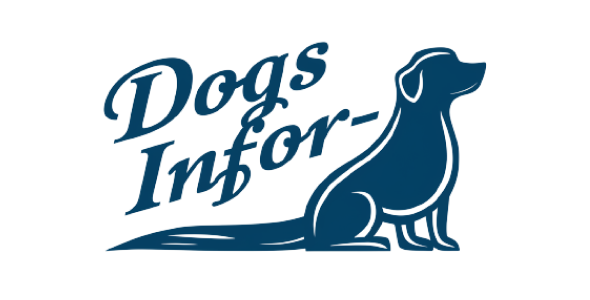Get a comprehensive guide to Dog Injection Schedule. It is including puppy and adult schedules, vaccine types, and important tips for protecting your furry friend by Dogs Infor.
The Importance of Dog Vaccinations
Vaccinations are a crucial part of responsible dog ownership, offering numerous benefits for both your dog’s health and the well-being of your community.
Protecting Your Dog from Diseases
- Preventing Serious Illnesses: Vaccinations protect your dog from a range of potentially life-threatening diseases, such as rabies, distemper, parvovirus, and adenovirus.
- Boosting Immune System: Vaccines stimulate your dog’s immune system to develop antibodies that fight off specific diseases.
- Reducing Risk of Complications: Vaccinated dogs are less likely to develop severe complications from diseases they may encounter.
Protecting Your Community
- Preventing Spread of Disease: Vaccinations help prevent the spread of contagious diseases among dogs and even to humans, such as rabies.
- Protecting Vulnerable Individuals: Vaccinations are particularly important for protecting vulnerable individuals, such as young children, elderly people, and those with weakened immune systems.
- Maintaining Public Health: Vaccinations contribute to maintaining public health by reducing the incidence of preventable diseases.
The Benefits of Vaccinations
- Peace of Mind: Knowing your dog is vaccinated provides peace of mind, allowing you to enjoy your time together without worrying about potential health risks.
- Reduced Veterinary Costs: Vaccinations are a cost-effective way to prevent costly treatments for serious diseases.
- Increased Lifespan: Vaccinations can help increase your dog’s lifespan by protecting them from potentially fatal illnesses.

Puppy Vaccination Schedule
A puppy vaccination schedule is essential for protecting your furry friend from potentially dangerous diseases. Here’s a general overview:
Initial Vaccination Series
- 6-8 Weeks: First round of vaccinations, typically including distemper, adenovirus, parvovirus, and parainfluenza.
- 10-12 Weeks: Second round of vaccinations, typically including the same core vaccines as the first round.
- 14-16 Weeks: Third round of vaccinations, typically including the same core vaccines as the previous rounds.
Booster Shots
- 1 Year: Booster shots are typically given one year after the initial vaccination series to ensure continued protection.
- Every 1-3 Years: Booster shots are generally recommended every 1-3 years depending on the vaccine and your veterinarian’s recommendations.
Core Vaccinations for Puppies
- Distemper: A highly contagious viral disease that can cause respiratory, gastrointestinal, and neurological problems.
- Adenovirus: A viral disease that can cause respiratory problems, liver disease, and even death.
- Parvovirus: A highly contagious viral disease that can cause severe gastrointestinal illness and death, particularly in puppies.
- Parainfluenza: A viral disease that can cause respiratory problems, including kennel cough.
- Rabies: A fatal viral disease that affects the nervous system.
Non-Core Vaccinations
- Bordetella bronchiseptica: A bacterial infection that can cause kennel cough.
- Leptospirosis: A bacterial disease that can cause kidney and liver damage.
- Canine influenza: A viral disease that can cause respiratory problems.
- Lyme disease: A bacterial disease transmitted by ticks.
Adult Dog Vaccination Schedule

Once your dog has completed their initial puppy vaccination series, they will need booster shots to maintain their immunity. Here’s a general overview of adult dog vaccination schedules:
Annual Booster Shots
- Core Vaccinations: Booster shots for core vaccinations, such as distemper, adenovirus, parvovirus, parainfluenza, and rabies, are typically recommended annually.
- Non-Core Vaccinations: Booster schedules for non-core vaccinations can vary depending on the specific vaccine and your veterinarian’s recommendations.
Core Vaccinations for Adult Dogs
- Distemper: Protects against a highly contagious viral disease that can cause respiratory, gastrointestinal, and neurological problems.
- Adenovirus: Protects against a viral disease that can cause respiratory problems, liver disease, and even death.
- Parvovirus: Protects against a highly contagious viral disease that can cause severe gastrointestinal illness and death.
- Parainfluenza: Protects against a viral disease that can cause respiratory problems, including kennel cough.
- Rabies: Protects against a fatal viral disease that affects the nervous system.
Non-Core Vaccinations
- Bordetella bronchiseptica: Protects against a bacterial infection that can cause kennel cough.
- Leptospirosis: Protects against a bacterial disease that can cause kidney and liver damage.
- Canine influenza: Protects against a viral disease that can cause respiratory problems.
- Lyme disease: Protects against a bacterial disease transmitted by ticks.
Factors Affecting Vaccination Schedule
While there’s a general guideline for puppy and adult dog vaccination schedules, several factors can influence the specific recommendations for your dog.
Dog Breed
- Breed-Specific Susceptibility: Certain breeds may be more susceptible to specific diseases, making certain vaccinations more crucial. For example, some breeds are more prone to parvovirus or distemper.
- Genetic Predisposition: Some breeds may have a genetic predisposition to certain diseases, which may necessitate additional vaccinations or a more frequent booster schedule.
Lifestyle
- Exposure to Other Dogs: Dogs that frequently interact with other dogs, such as those attending dog parks or boarding facilities, may require more frequent booster shots.
- Travel: Dogs that travel to different geographic locations may need additional vaccinations depending on the diseases prevalent in those areas.
- Exposure to Wildlife: Dogs that spend time outdoors and are exposed to wildlife, such as coyotes or raccoons, may require additional vaccinations, such as rabies.
Geographic Location
- Disease Prevalence: The prevalence of certain diseases varies depending on geographic location. For example, Lyme disease is more common in certain regions than others.
- Local Regulations: Some areas may have specific vaccination requirements for dogs, such as rabies vaccinations.
Conclusion
Dog Injection Schedule are a fundamental aspect of responsible dog ownership, offering numerous benefits for both your dog’s health and the well-being of your community. By protecting your dog from preventable diseases, you can ensure a longer, healthier, and happier life for your furry companion.

Related Post
Dog Years To Human Years: What’s the Difference?
What Human Food Can Dogs Eat? Safe & Unsafe Foods
What Are Dog Bones Made Of? A Guide To Safe And Healthy